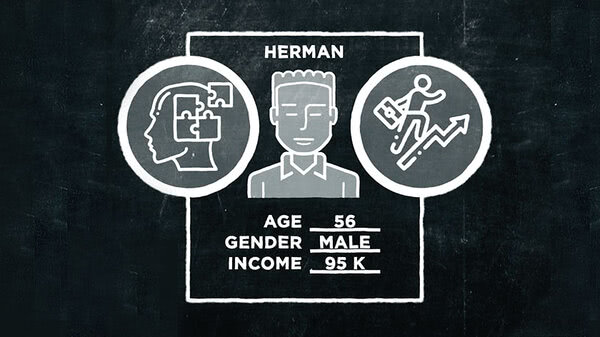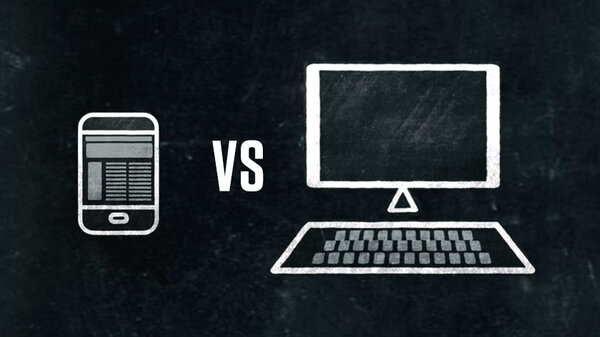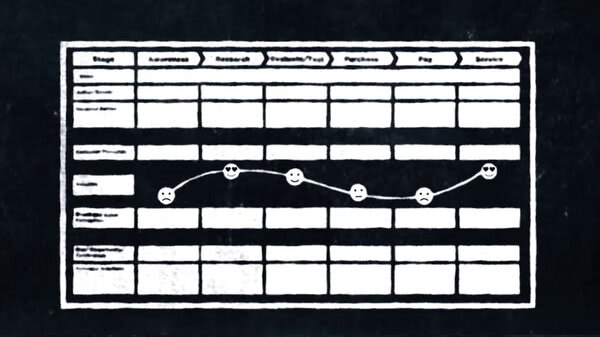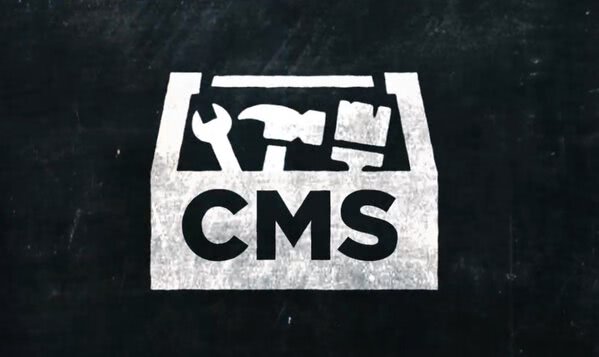Now let's get down to writing the creative brief. How do we start the process? Who should be involved? And who actually writes the brief?
Well, the creative brief can originate with the client, or it could start with the agency.
If your firm's internal creative team has already come up with a brief that you can just hand to the agency, well, great!
Other times, the brief is just folded into the scope of work-which lists the project deliverables in more detail.
But let's say the creative brief has started with the client.
The agency then looks it over and will undoubtedly have questions. They'll come back to you with those questions-the more, the better-before finalizing the creative brief. Which it then turns back to the client for approval.
The creative brief can be punted back and forth in this manner several times before everyone is happy. Only then, do the agency and the client sign off on it.
Far more commonly, the agency is charged with coming up with the creative brief from scratch, and we'll want to interview the client before writing a first draft.
Typically, they want to ask questions leading to all the elements we talked about earlier:
What is the problem you're attempting to overcome? Perhaps sales are falling. Or it could be an opportunity you wish to exploit. Maybe it's the company's 20th anniversary. Or you're launching a new product line.
In other words, they should be asking why you want to launch this campaign or project now.
Other typical questions include things like: What does the product do? Who is the target audience for this campaign? What are the desired outcomes of the project? A change in the perception of the brand? Increase sales?
If you're a new client, the agency will probably want to ask you some questions about your company to establish context for the campaign.
But they should also have done enough homework that they already have a good idea of what your firm's broader history is and what defines your brand.
Only once the agency has a firm understanding of your company's goals, weaknesses and strengths, should it set about writing the first draft of the brief.
So who should be involved in that process?
For the agency's part, they should be involving the most senior people, including the project managers, designers, writers, researchers and development people.
Anyone who will have a stake in the project should be given an opportunity to contribute to the brief. The more they're involved, the better their understanding of the project.
But who actually sits down at the keyboard to type the creative brief?
A creative brief is a very important document. It could well set the tone and parameters of an entire ad campaign. So a senior agency person who has had direct contact with your firm should write the brief. At least the first draft.
Yes, they should seek input from colleagues, but in the end, you want a document that carries some heft and has the approval of the client's key stakeholders.
And, of course, once that initial draft has been put down in pixels, the agency should have a writer do a pass to check the grammar and spelling and just punch up the expression of the ideas contained in the brief.
Well, that should get things started. The agency, having done their research and presented you with a first draft, now you have a document that you and the agency can agree will serve as the launch pad for your campaign, ad or promotion.
Now you can both sign off on it. So does that mean you're done with the creative brief? Stick around.















